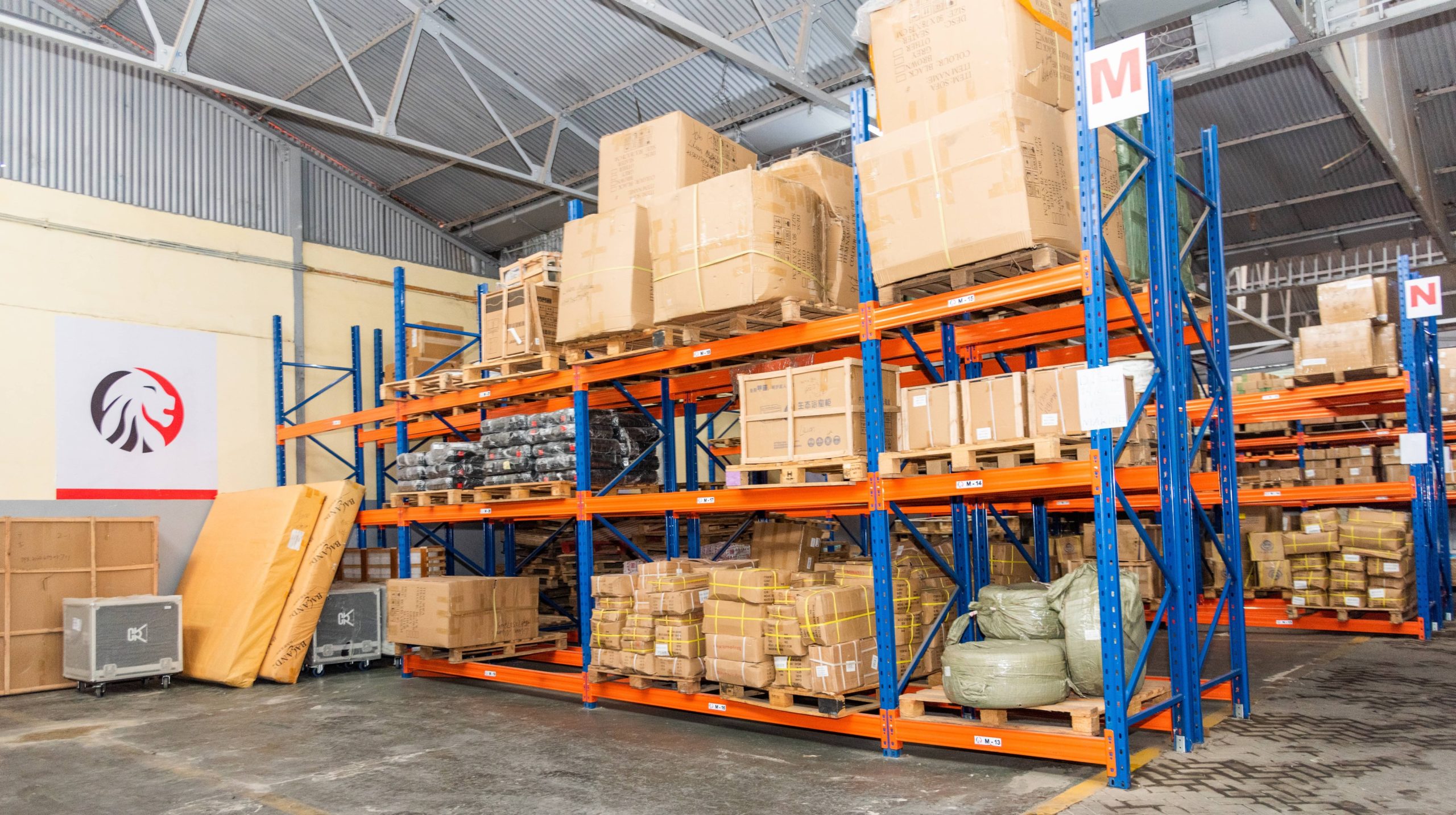The Kenya Revenue Authority (KRA) has announced plans to raise the duty-free allowance for air travelers entering the country, according to a public notice issued Thursday.
Currently, international passengers are permitted to bring up to USD 500 worth of new goods into Kenya without paying import duties, as long as the items are declared to customs officials.
“KRA is in the process of reviewing this regulation to a higher limit and this shall be communicated to the public in due course,” the notice said.
The KRA, which collects revenue on behalf of the Kenyan government, said the move is part of its “various initiatives to promote tax compliance, seal revenue loopholes and enhance revenue mobilization.”
The public notice outlined several other customs procedures for air travelers entering or leaving Kenya. It said all used personal items are exempt from duties, while new goods above the duty-free allowance are subject to applicable taxes.
Passengers must declare any items above the allowance on a customs form and can pay any duties at banks located in the terminals, the notice said. Customs officers have the right to inspect baggage using x-ray machines and other tools to check declarations and screen for prohibited items.
“Scanning of traveler’s baggage is done to ensure correct declarations for purposes of taxation and to screen out prohibited and restricted goods for the safety of all Kenyans,” the notice stated.
While no timetable was given for when the new duty-free limit will take effect, the change is likely to be welcomed by travellers and could spur increased trade and tourism as regional economies reopen following years of pandemic restrictions.
The notice came after KRA faced backlash over a tweet that stated every personal or household items worth USD 500 (KES 75,000) and above, whether new or used by tourists visiting the country is applicable for a tax.
Lawmakers have joined Kenyans in protesting a directive by the KRA. The National Assembly Committee on Defence and Foreign Relations said some KRA officials have been taking advantage of the directive to harass tourists, hence giving the country bad publicity. The committee chairman Nelson Koech said Kenya instead be working on how to grow the number of tourists visiting the country.















